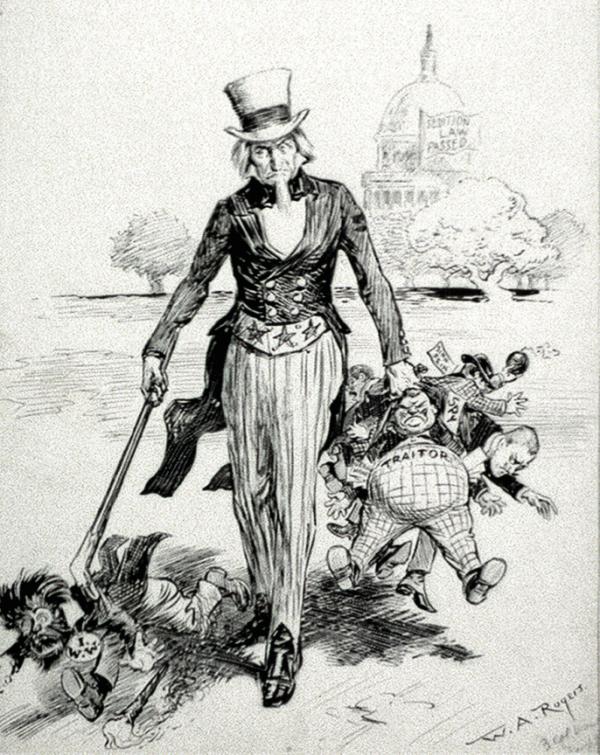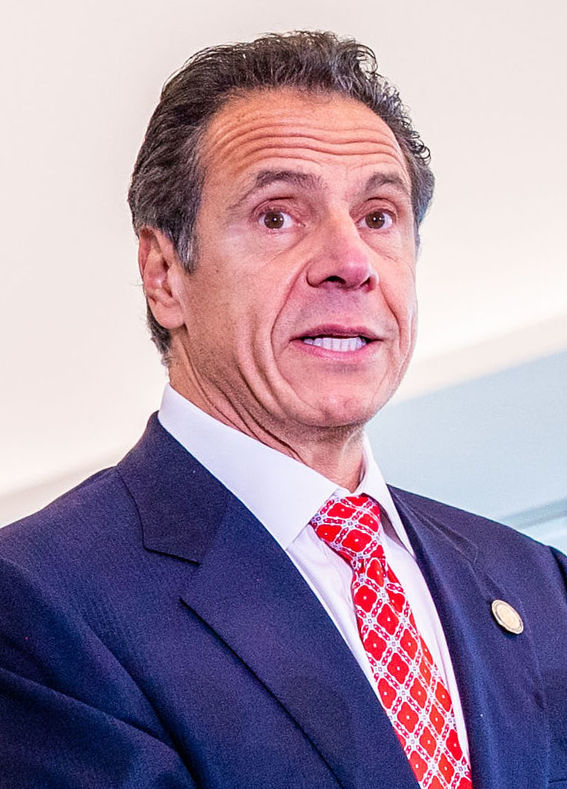
What is the point of our moral ideals in a world where people can endlessly express care and concern for others—those living in zones of everyday poverty or spaces of terror like Gaza and Tigray—but do nothing in practice?
This question haunts Omar El Akkad’s new book, One Day, Everyone Will Have Always Been Against This, a powerful account of our failures to stop the war in Gaza. What makes El Akkad’s book especially striking is the doubts he comes to harbor about his own profession, writing, and how it shapes our moral convictions. When Kamala Harris can stand at the Democratic National Convention one night and say she wants to end the war and then send bombs to continue it the next morning, is there any logic left to making moral arguments? In El Akkad’s painful refrain: “What is this work we do? What are we good for?”
El Akkad takes us up to the point of utter resignation before ultimately reasserting the value of this work. The journey itself, the willingness to tarry with this nihilistic possibility, is what gives this book its strength. He does not leave us in hell but insists that we recognize we are already in one.
For many of us outside the halls of power, writing remains one of the most visible means of fighting back. Even as El Akkad doubts its utility, he still writes a book that he hopes might eventually change how people treat one another—both morally and materially. He scrapes language, stories, and every element of his imagination to find some way of writing and speaking that might finally push the powerful from vague invocation to concrete action. His book is urgent as much for its potential success as for its insistence that we grapple with the painful limitations of the world of ideas and values to which many of us have dedicated our lives.
….
So he keeps telling us stories, hoping they might help get us there. He tells us of his family fleeing Egypt for Qatar, and then Qatar for Canada. He tells us of his dreams of the West, of free speech and democracy and liberalism as an embodied way of life where he can choose how to be, what to say. He tells us that he has no false consciousness about the cruelties of where he came from, that he knows it is ruled by autocrats who have no more concern for Palestinians than the extent to which supporting them subdues domestic rebellions.
Then he tells us about the path he has taken to become disenchanted with everything his younger self sought and held dear. He learns quickly that, in his privative phrasing, one finds the “harbor never as safe as the water is cold.” And he sees that Western liberalism is not a development of fiction, of narrative’s capacity to expand our ability to see through the eyes of others. Rather that very idea is itself a fiction: “the magnanimous, enlightened image of the self” comes with a “dissonant belief that empathizing with the plight of the faraway oppressed is compatible with benefitting from the systems that oppress them.”
El Akkad refers to the belief that our empathy makes us righteous even as we benefit from an uneven world as a “fortress of language.” Such fortresses “pen” some lives in a permanent elsewhere, caged on the other side of morality—“a world in which one privileged sliver consumes, insatiable, and the best everyone else can hope for is to not be consumed.”
For the young El Akkad, it was “enough” for there to be pockets of liberalism accompanied by a general desire for freedoms to spread noncoercively. It was the job of morality to care about other people and the job of governments to put that care into action. But he learned all too quickly that there was a profound geographic fracture in our moral vision.
Everyone cares, of course, about the child being bombed. The penury of being human is that too often what follows is a second moment, a hideous and repressed moment that we rarely dare to speak aloud, when people think, “Oh, but if some child has to be bombed for the world order to continue, I don’t want it to be my child.” The deepest problem of moral scarcity that El Akkad traces occurs not when one cares about a limited number of people. It is rather this belief that life can only be good for some, that one side will always be consumed.
If we don’t confront and overcome this second moment, the goal of politics is no longer seeking justice, but rather ensuring the right to consumption—while maintaining the language of justice. “It is not without reason,” El Akkad writes, “that the most powerful nations on earth won’t intervene to stop a genocide but will happily bomb one of the poorest countries on earth [Yemen] to keep a shipping lane open [the Strait of Hormuz].” Never mind that ships in the strait would not have been targeted if, instead of bombing Yemen, the United States stopped sending bombs to Israel. This is the perverted moral calculus of our age. Some lives must be made good, no matter the cost to others, no matter the logic or truth of any of it.
So I guess here’s the question–does your empathy matter at all? Or does it just make us feel good and thus is another part of the individualist fundamentalism of contemporary liberalism?
The post Does Empathy Matter? appeared first on Lawyers, Guns & Money.



